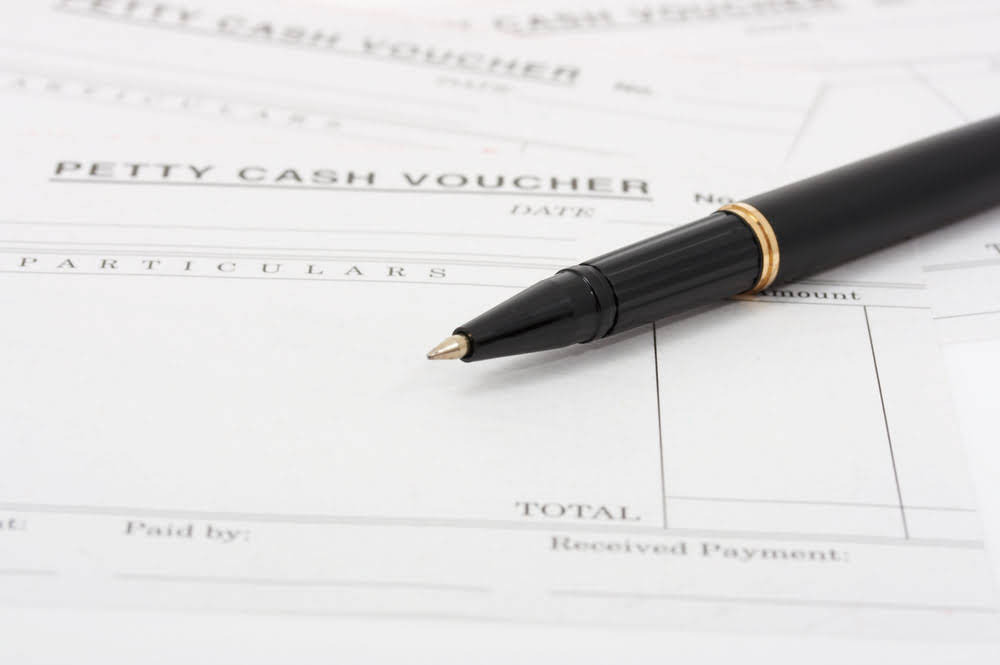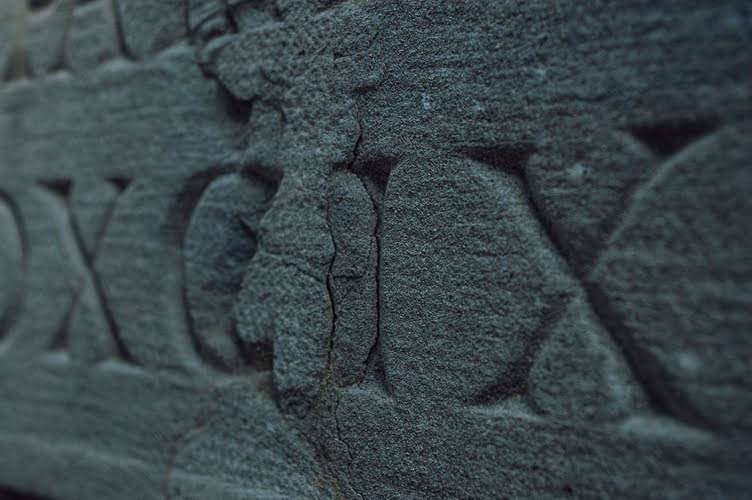
It also supports community health by allowing all community residents and stakeholders to be a part of the team. Keeping members in the dark only promotes mistrust and working with inadequate or no financial information can lead to dwindling reserves for community upkeep and new projects. When looking into property management companies, it is important to look for a company with a strong financial background. The entire community association becomes ineffective if there is improper handling of finances. In some states, it is a legal requirement for HOAs to maintain and submit regular financial statements. It is a good idea to keep detailed records anyways as they will be extremely beneficial for all other aspects of homeowner’s association management.
Understanding The Importance Of HOA Accounting

Now that we know about the audit process, let’s discuss the preparation for one. If you are part of a homeowners association’s board of directors, it is vital that you know exactly how to prepare for a financial audit. There are various documents and records that must be presented in the case of an audit. hoa accounting One of the best homeowners association accounting rules to adopt is to exercise internal controls. That means not letting a single person have control over every financial department. Ideally, the person who writes the association’s checks should be different from the person handling receivables.
Your one-stop reference guide to HOA accounting

These alternatives are usually less expensive, though they are also less comprehensive than a full audit. Many associations also include an HOA annual audit in their own bylaws as well. If your HOA falls under those cases, then it will need an audit every year for compliance purposes. Fiscal reports reflect crucial data in regards to the financial strength of the affiliation.
Top 5 HOA Audit FAQs

It depends on your state laws and what your governing documents say. Some HOA bylaws require yearly audits, while others only require one every three or so years. Audits can be expensive, usually costing between $4,000 to $6,000, which is why many HOAs prefer to conduct yearly financial reviews instead.
What Is an HOA Audit?
- CPAs look mostly at the analytical procedures and performs tests to determine the accounting records are accurate.
- Evaluate the internal controls and processes in place within the HOA.
- If a homeowner violates any of the terms on this document, they may face a collection of penalties.
- This process, in essence, is the whole purpose of the reserve study.
- Many times, an HOA will have multiple financial audits throughout the year, which makes it easier to collect these documents.
If discrepancies exist, the CPA must dig deeper, ask more direct questions and attempt to gain additional comfort on the numbers. Since a review is much lower in scope than an audit, it only provides limited assurance that the financials are free of material misstatement. But is just depends on the size of the HOA or condo association as well as the internal control environment. Some https://www.bookstime.com/ of the unique considerations involve reserve studies, management fraud and internal controls, along with board member knowledge and turnover. The firm should have experience in the audits of HOAs and condo associations. It also is a chance to make sure that the management company is properly recording transactions and reviewing accounts for variances, including oil and gas royalties.
HOA Audit Guide: Understanding the Process
Reserve funds are a community association’s version of a “rainy day” fund. The financial health of your HOA can be determined by calculating the strength of that fund through a reserve study. If you’re considering moving into a new community governed by an HOA, one of the first things you’ll want to look into is their financial health. If you’re already living in such a community, you should know when the last time your HOA conducted a capitol reserve study. Community associations should conduct a reserve study every few years. A reserve study verifies the strength of all those common areas which fall under the responsibility of the HOA.
Inadequate reserve funds also affect your HOA’s ability to sell homes. When looking at a balance sheet, first make sure that the assets are equal to the liabilities and equity. Regardless of the revenues of the HOA, the membership itself can vote to waive the state-required reporting by a majority vote. A CPA is a top-level accountant who can serve HOAs and other organizations within one or multiple states where they have acquired a license. Such specialists have the most relevant auditing knowledge and skills, and thanks to the regional limitations of their licenses, they are well aware of all the local rules.

The Importance of Proper HOA Accounting
Auditing expenses will definitely pay off, since you will avoid costly mistakes and rein unscrupulous board members. So be sure to include this item of expenditure in your annual budget. A CPA collects HOA’s accounting data and reviews, comes on-sight, monitors the board’s work, and studies invoices. Their task is to trace all the funnels through which association’s finances are transacted and establish links between balance sheets and income statements. Simply put, an HOA audit is a comprehensive analysis of your association’s accounting records, including your financial statements. It objectively evaluates your internal accounting processes as well as the overall health of your association.
- The most common mistake that people make when preparing HOA financial statements is not adding enough detail.
- Present the audit findings, recommendations, and any necessary corrective actions to the HOA board members and managers.
- Running a homeowners association can be tough, especially if you don’t know where to start.
- The goal is to have that amount funded as close to 100% as possible.
- If you see negative equity on the balance sheet, discuss it with your HOA management company property manager.
- It also provides the HOA with valuable knowledge that can help to improve the association.
- Newer HOAs or ones with more basic budgets can prepare one every month without much issue.
Leave a Reply